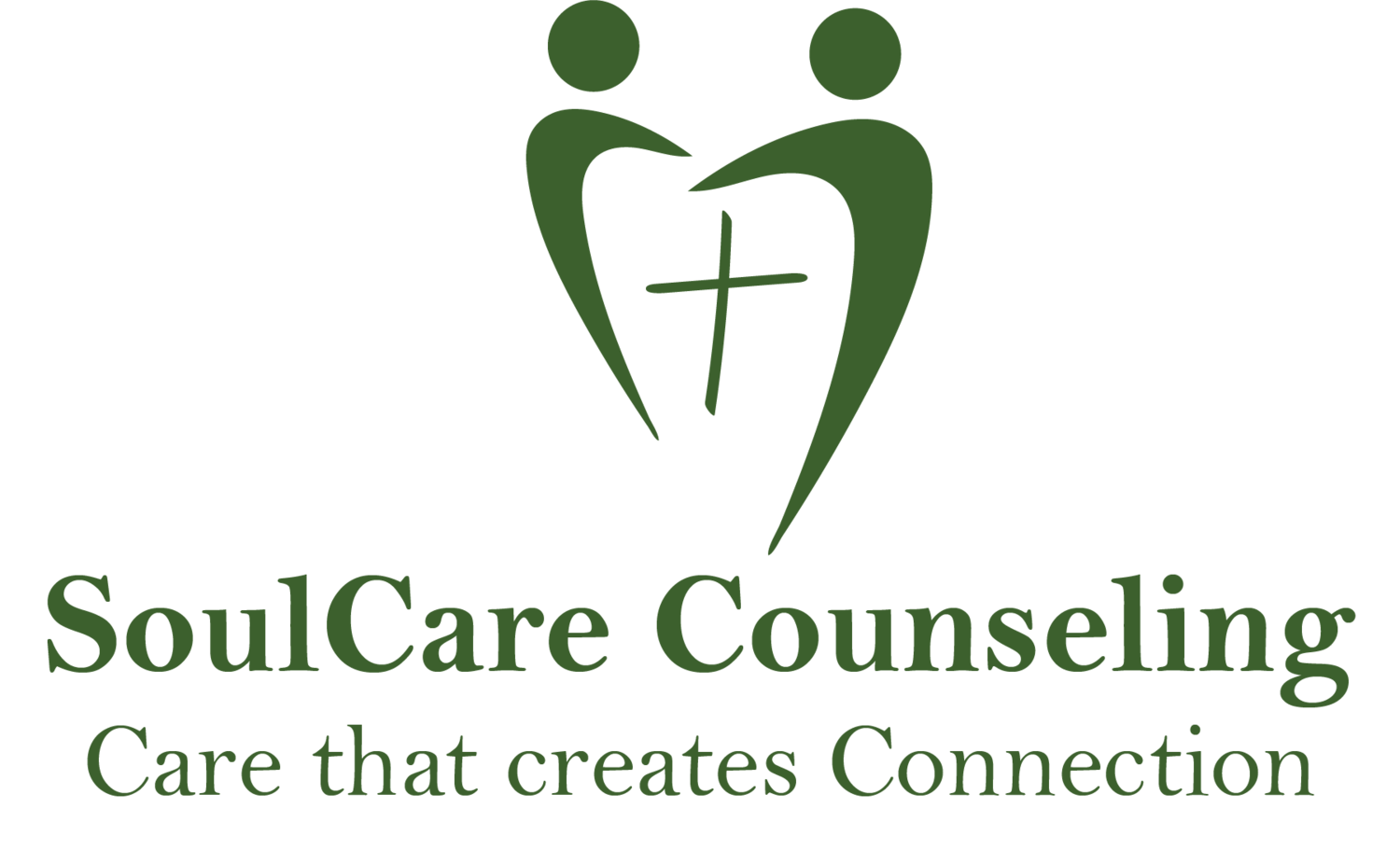Attachment Styles And Trauma Recovery
In Emotionally Focused Therapy, we work with attachment because it really is the key to so much of mental and emotional health or unhealth. This includes trauma. Except for cases where trauma is caused by a natural disaster, all trauma happens in relationships. Trauma is a relationship wound, and your attachment style highly affects your ability to recover from it.
Attachment Styles Affect Trauma Recovery. What Is Attachment?
Because human beings are created for connection, from the moment of birth we attach to our primary caregivers, usually our parents. We immediately begin learning whether we can depend on our parents to be there for us, comfort us, care for us, and keep us safe or not. If so, our brains develop with the message encoded in it that we are worthy of love. We then carry that emotion and expectation as the template for all of our future relationships. And this is important for trauma recovery. It also enables us to regulate our emotions in any unpleasant experience.
What happens when babies do not have a secure attachment? Since John Bowlby’s work in the 1950’s with abandoned infants, we have learned how children develop when they do or don’t get safety, acceptance, and security from their parents. We develop four attachment styles.
Secure Attachment
People with secure attachment grew up with parents who consistently gave them feelings of safety and security. They knew that they were loved and accepted no matter what and that their parents were there for them. They learned that if their parents left, they would return. If they became upset, their parents would listen, understand, and let them to process their distress until it passed. They learned that they were worthy of love and so were others.
As a result, as adults they have a strong sense of self-worth and view others the same way. They are comfortable with intimacy and can get close to others; but they are also comfortable with autonomy and can be alone without becoming anxious. They can regulate their emotions and manage change. They can be vulnerable and talking about their feelings. When conflicts come up, they can resolve them. They trust their partners and are trustworthy themselves.
Avoidant Attachment
People with avoidant attachment grew up with a parent or parents who were not there for them, who were emotionally distant, and not attuned to their needs. Maybe they were not allowed to be upset or cry. They were often pressed to grow up too fast.
As a result, as adults they are not comfortable being close. They pride themselves on being independent. They tend to feel closer to others when apart. When their partner seeks intimacy, they instinctively pull away. They don’t feel safe being close or depending on others. In stressful situations or during conflict, they shut down and withdraw.
Anxious Attachment
People with anxious attachment grew up with a parent or parents who were sometimes there for them and sometimes not. Maybe one or both parents struggled with anxiety and low self-worth, and may have been unkind and critical at times but loving at other times. So, they grew up with mixed signals, sometimes being told they were inferior, then other times being told they were wonderful. So, they lived in uncertainty about their standing in the relationship.
As a result, as adults they overly depend on their relationships for self-worth. They question whether their partner really loves them, needing constant assurances. When they are separated or feel disconnected, they become anxious. If they have a disagreement, they stridently pursue and pull at their partner, often with whining, nagging, clinging, or criticizing.
Disorganized Attachment
People with disorganized attachment grew up with a parent or parents who were not only not there for them but were scary, abusive, or crazy. They longed to trust and be close to their parents, but also feared trusting and being close to them.
As a result, as adults they are a disorganized combination of avoidant and anxious attachment. The best word for their relational style is “chaotic,” or “confusing.” They long for emotional closeness, but at the same time fear being hurt. So, they send a message of “Come close, go away.” They go from warm to cold and back again in five minutes. Disorganized attachment style is typical of trauma survivors who swing back and forth from hyper alert to numbness.
How Does Attachment Style Affect Trauma recovery?
In all of the insecure attachment styles, the ability to regulate emotion never got developed. The capacity for riding out life’s highs and lows, handling change, and sharing emotions in a healthy way is encoded in the nervous system only in secure attachment. Where there is insecure attachment, those skills are not encoded. Growing up in a family where there was no acceptance, or inconsistent acceptance, or abuse encoded feelings of being overwhelmed and unsafe, which caused protective responses of either going on high alert or going numb. Consequently, when a traumatic experience happens, there is no mechanism in place from a secure attachment to enable trauma recovery. That’s why people with trauma so often turn to substances, self-abuse, or sexual acting out to regulate their emotions. They have no secure attachment mechanism to empower trauma recovery.
Trauma Recovery Is Possible With A Secure Attachment
The good news is, we have found that one’s attachment style can be changed with therapy. In Emotionally Focused Therapy, we work to help clients move out of insecure attachment into secure attachment. The trauma survivor enters into what is called an “emotionally corrective relationship” with the EFT therapist who helps him or her have the experience of their emotion in a secure relationship, which then reprograms the brain to a secure attachment style that enables them to regulate and manage their trauma. If you’re ready to find healing for your trauma, we’re ready at SoulCare Counseling to help you into a secure attachment style.
If you or your partner are struggling with trauma recovery, there is hope and there is healing. At SoulCare Counseling, we can help you get on the road to secure attachment. I encourage you to read more about trauma therapy, and reach out to us today to schedule a free thirty-minute consultation.
Dr. Bernis Riley holds a Doctor of Psychology degree, is a Licensed Professional Counselor – Supervisor, and is certified in Emotionally Focused Therapy. She is the Clinical Director/Supervisor at SoulCare Counseling, and is currently accepting new clients.



